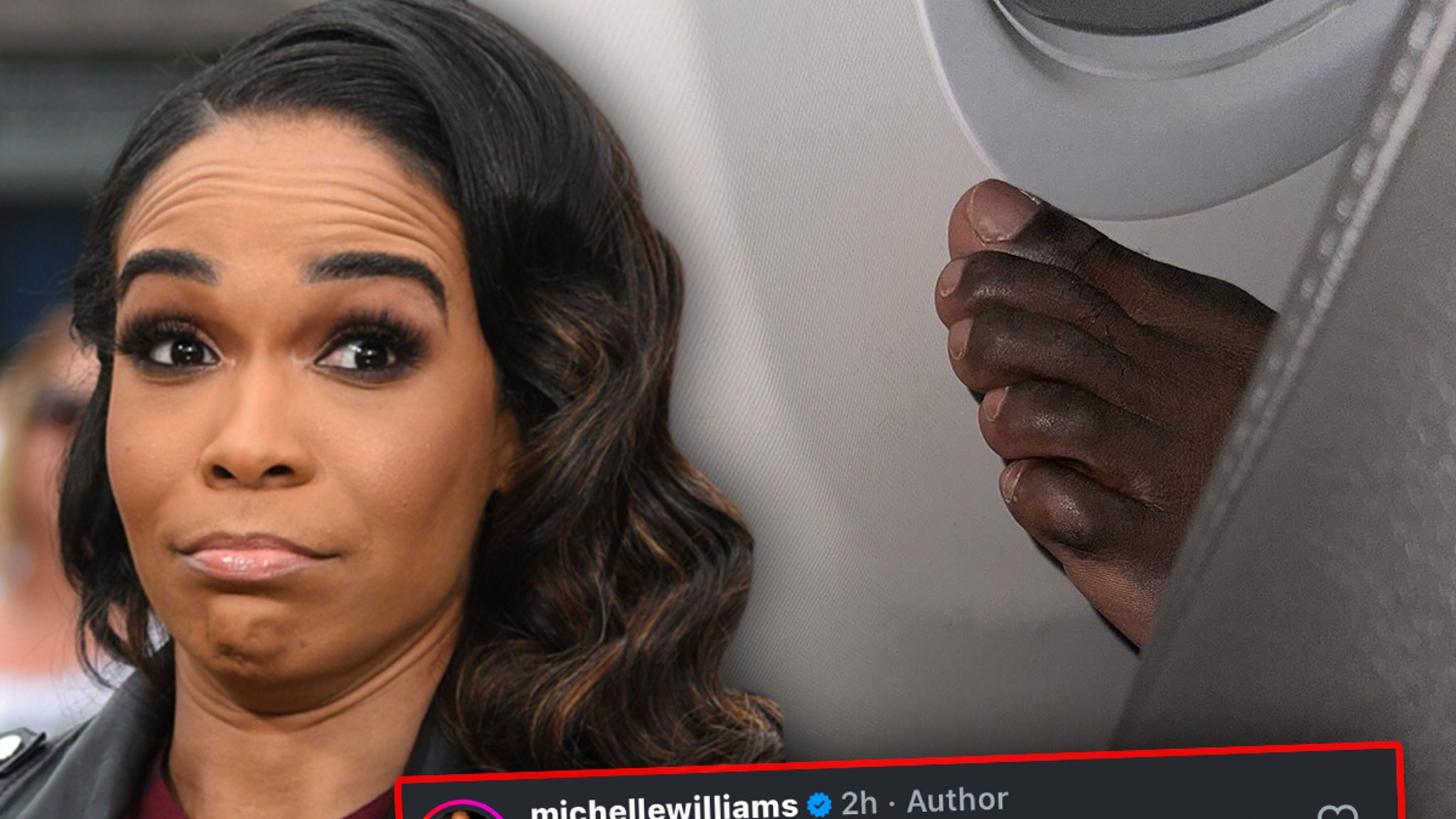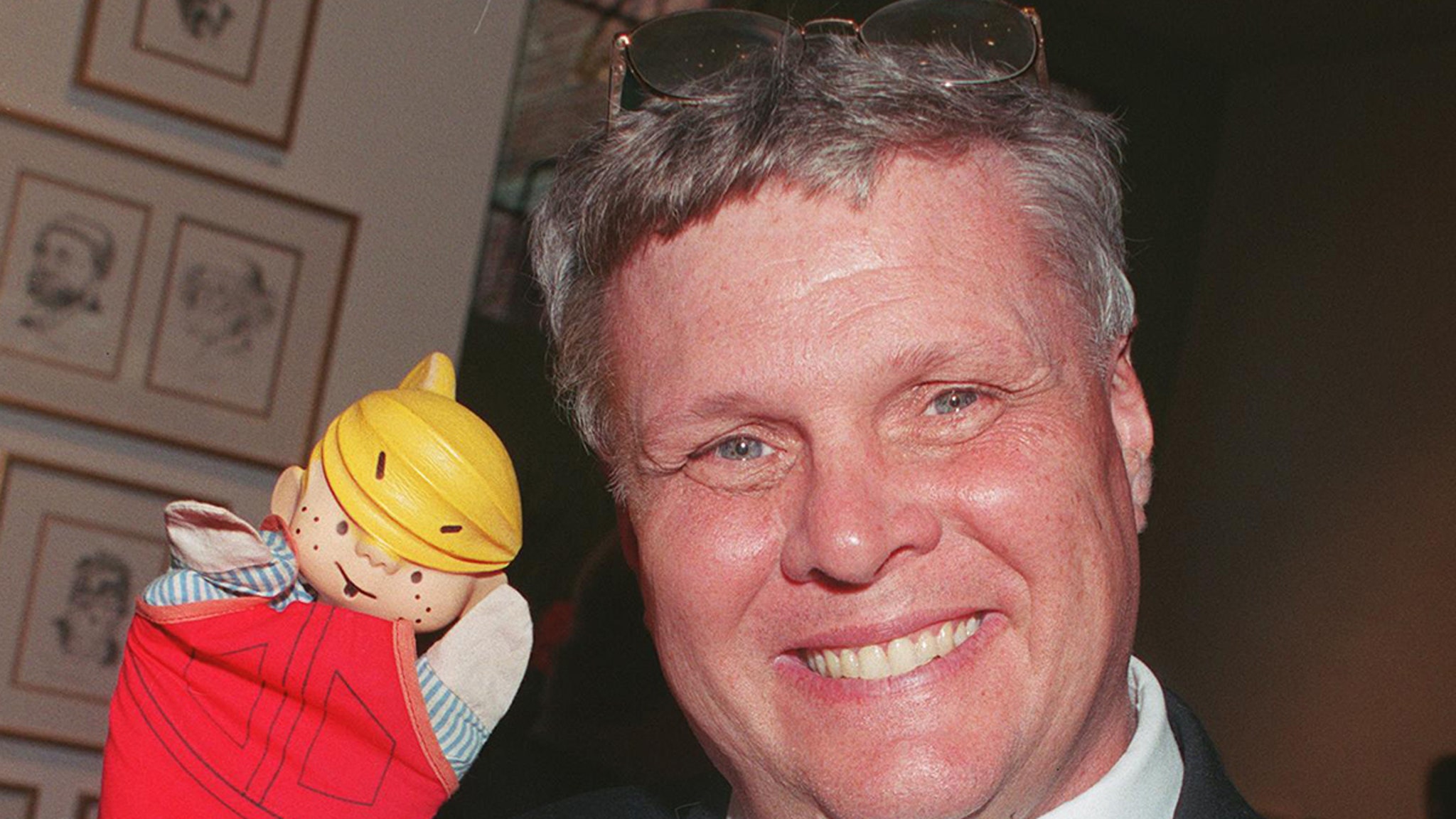Culture
‘Eat the Night’ Review: Connection Impossible

“‘Darknoon’ has always been there,” confides 17-year-old Apolline (Lila Gueneau) as “Eat the Night” opens. She’s talking about the video game that she and her older brother, Pablo (Théo Cholbi), a small-time drug dealer, have been playing together for almost a decade. With dead-eyed thoroughness, their avatars kill around 100 characters a day — slaughters that simultaneously advance the siblings’ online progress and strengthen their real-life bond.
Then three events endanger Apolline’s hermetic routine. The video game’s server is scheduled to be shut down; a turf war ignites between Pablo and a rival dealer (Mathieu Perotto); and Pablo begins a love affair with Night (Erwan Kepoa Falé), a gentle grocery-store clerk who’s ill-prepared for the savagery that Pablo’s increasingly rash behavior will unleash.
“Eat the Night,” set in Le Havre and directed by Caroline Poggi and Jonathan Vinel, fidgets on the precipice of compelling. The young actors are excellent, their bland surroundings coolly captured by Raphaël Vandenbussche’s easygoing camera. The central gay romance has a rough-and-tumble warmth, and the videogame sequences are crafted to highlight Apolline’s growing loneliness. Yet with no actual life — or none that we see beyond an unexplained hostility to her father — Apolline remains as blank a canvas as her warrior avatar.
Like Jane Schoenbrun’s 2024 goosebumper, “I Saw the TV Glow,” “Eat the Night” is interested in young people who find identity in unreal worlds. But the film’s escalating violence frequently smothers its sweeter, more haunting moments, such as Night using the game to ease Apolline’s fear of losing her brother.
“Connection impossible,” Apolline’s computer announces, pointedly, as the game goes dark. And in another part of town, in a very different way, Pablo and Night are getting exactly the same message.
Eat the Night
Not rated. Running time: 1 hour 46 minutes. In theaters.





























